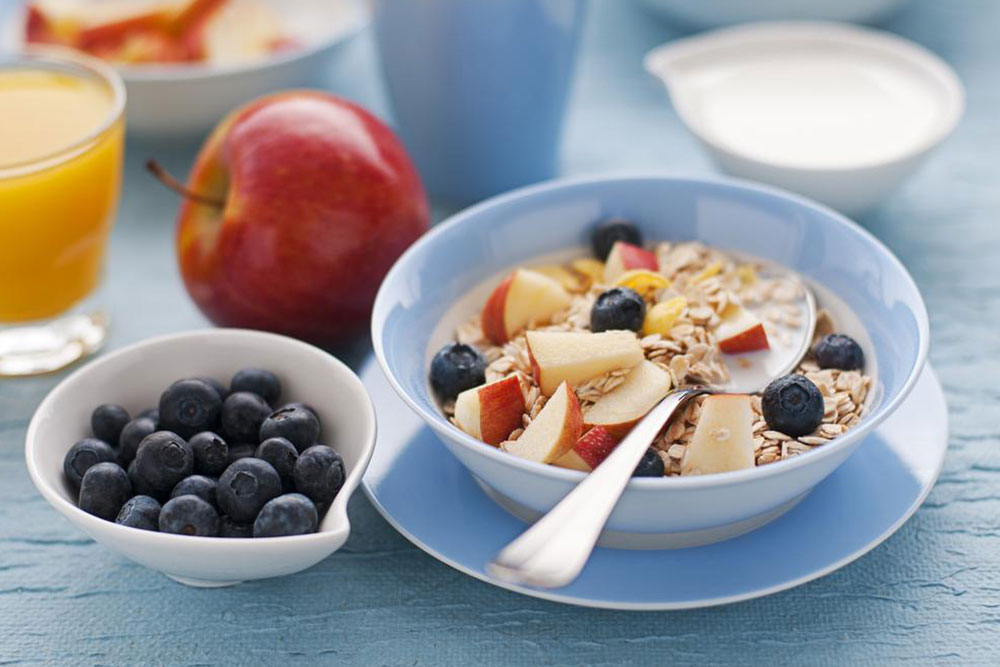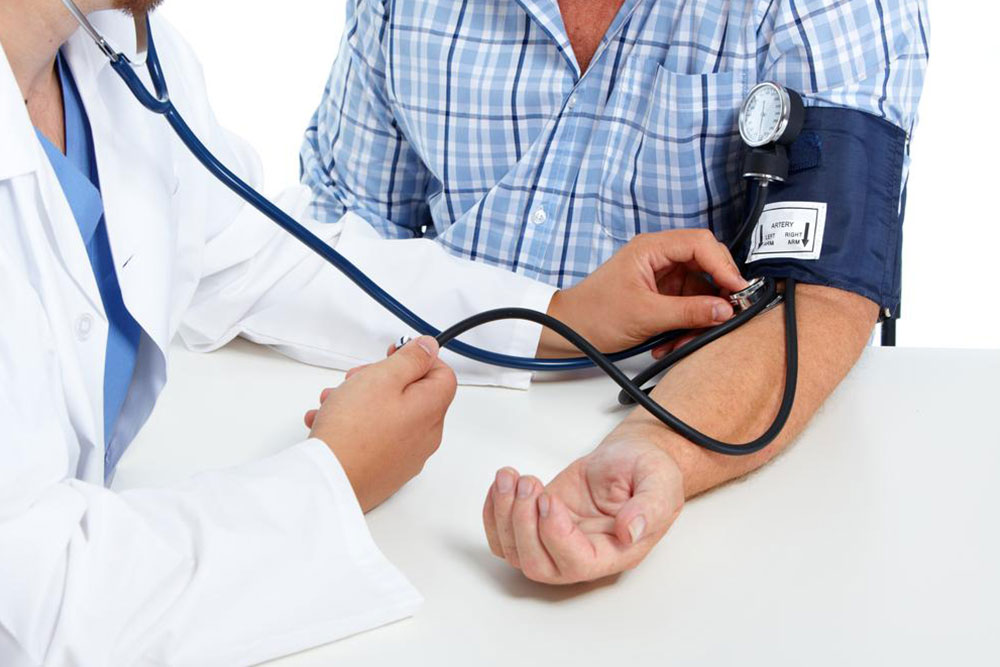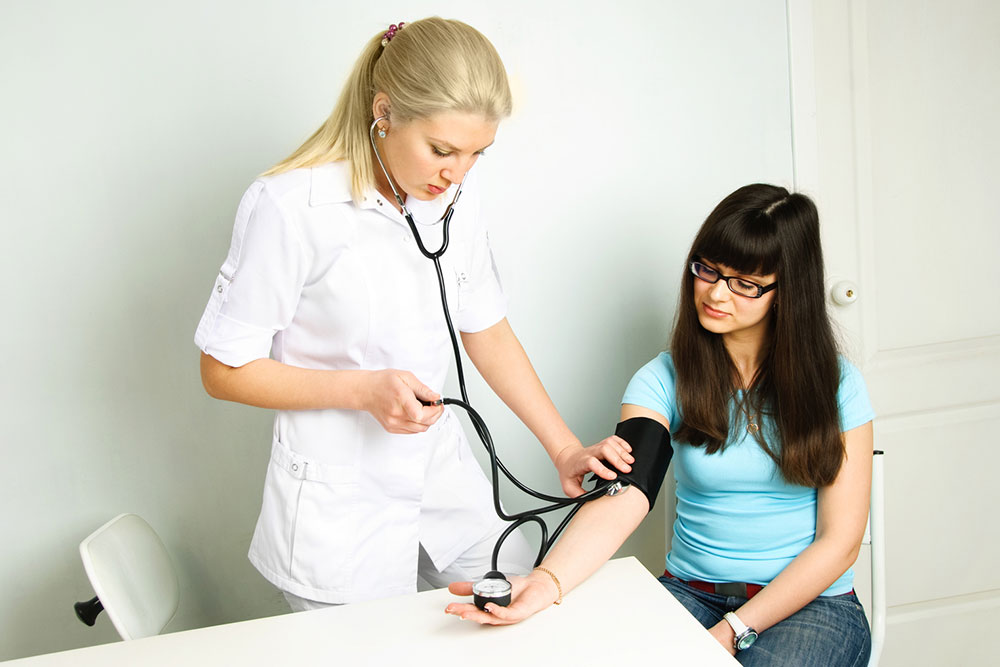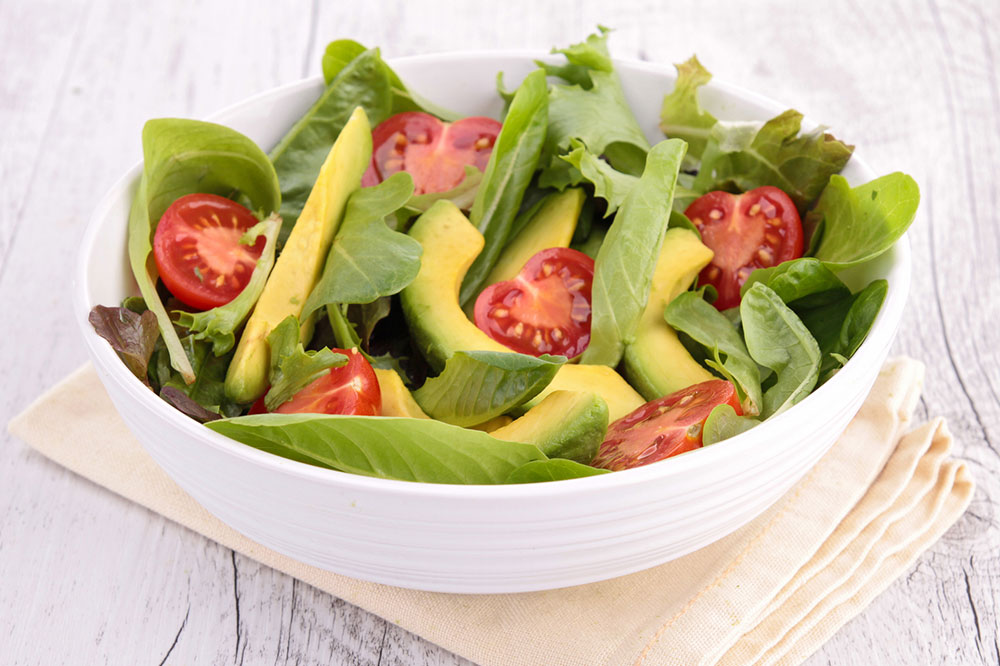Effective Dietary Strategies to Manage Hypertension
Learn comprehensive dietary strategies for managing high blood pressure through a balanced diet emphasizing fruits, vegetables, lean proteins, and lifestyle changes. Discover which foods to avoid and include for long-term health benefits.
Sponsored
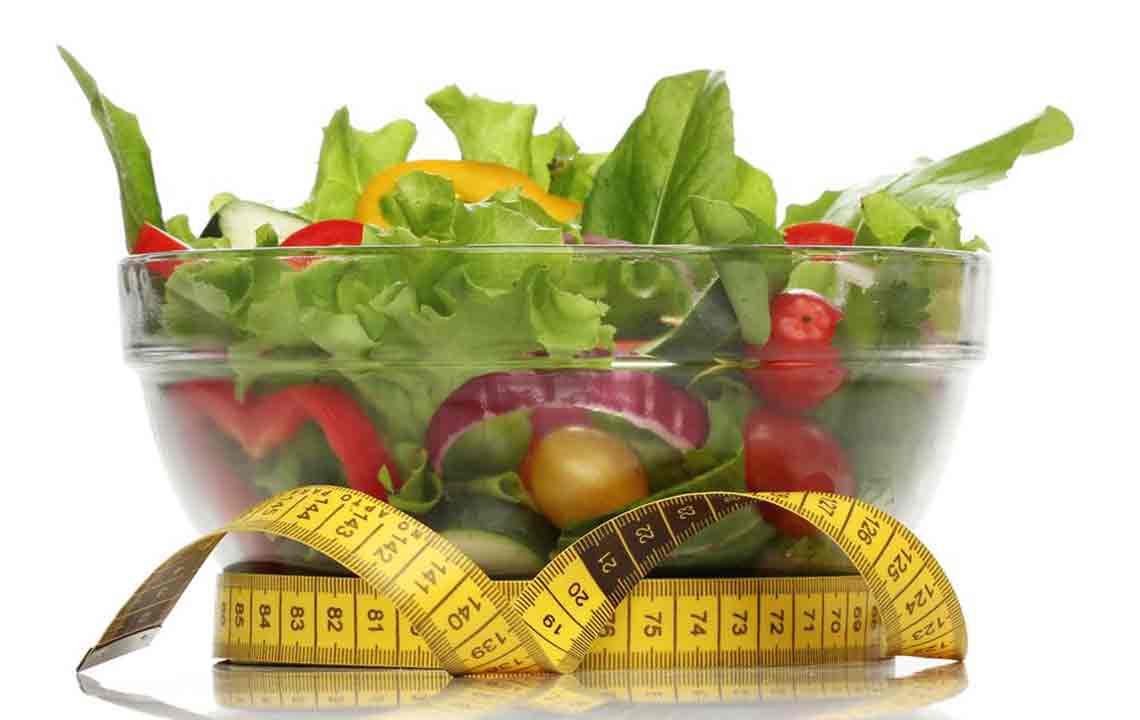
Managing high blood pressure involves adopting specific dietary habits. The DASH (Dietary Approaches to Stop Hypertension) plan emphasizes consuming fruits, vegetables, whole grains, fish, lean poultry, nuts, legumes, and low-fat dairy. Recognizing that our food choices impact health, incorporating healthy foods and lifestyle habits can lead to disease prevention and overall wellness.
What is Hypertension? Hypertension, or high blood pressure, occurs when the force of blood against arterial walls remains elevated over time. This puts stress on the heart and blood vessels, increasing the risk of heart and kidney issues.
Causes of High Blood Pressure Factors such as aging, genetics, hot climates, certain medications, obesity, smoking, excessive salt and fatty food intake, stress, diabetes, and pregnancy can contribute to hypertension. While pinpointing exact causes can be challenging, it remains a widespread health concern today.
Medications for Control Doctors may prescribe drugs to manage hypertension, but these often have side effects. They mainly control, not cure, high blood pressure, and lagging in medication adherence can lead to serious health complications.
Lifestyle and Dietary Changes Adopting a healthy lifestyle, including regular exercise and a specialized diet, plays a crucial role in managing hypertension naturally. Certain foods should be avoided or included in your diet to help control blood pressure long-term.
The following foods should be limited or avoided in a high blood pressure diet:
Salt and sodium-rich foods
Sugar and sugary beverages
Chicken skin, full-fat dairy, red meats, and butter
Caffeinated drinks like coffee, soda, and tea
Alcohol
Salt and sodium, especially in processed foods like deli meats, frozen pizzas, pickles, canned soups, and bottled tomato products, should be minimized. Even small servings can be sodium-rich enough to harm health.
Avoid sugar-laden foods and drinks, as they contribute to obesity and hypertension. Fatty meats, chicken skin, and full-fat dairy products should be replaced with healthier options.
Conversely, these food items can support blood pressure control:
Leafy greens such as lettuce, arugula, spinach, and turnip greens
Fruits like berries which contain flavonoids beneficial for blood pressure
Red beetroot, known for nitric oxide content that helps dilate blood vessels
Low-fat dairy options such as skim milk and yogurt
High-fiber foods like oatmeal
Fatty fish such as salmon and mackerel rich in omega-3 fatty acids
Unsalted Seeds like sunflower and pumpkin seeds, which supply potassium and magnesium
Following these guidelines and consulting healthcare professionals can significantly improve blood pressure management. Small dietary and lifestyle adjustments, such as choosing low-sodium options and reducing trans fats, can prevent or control hypertension effectively.

